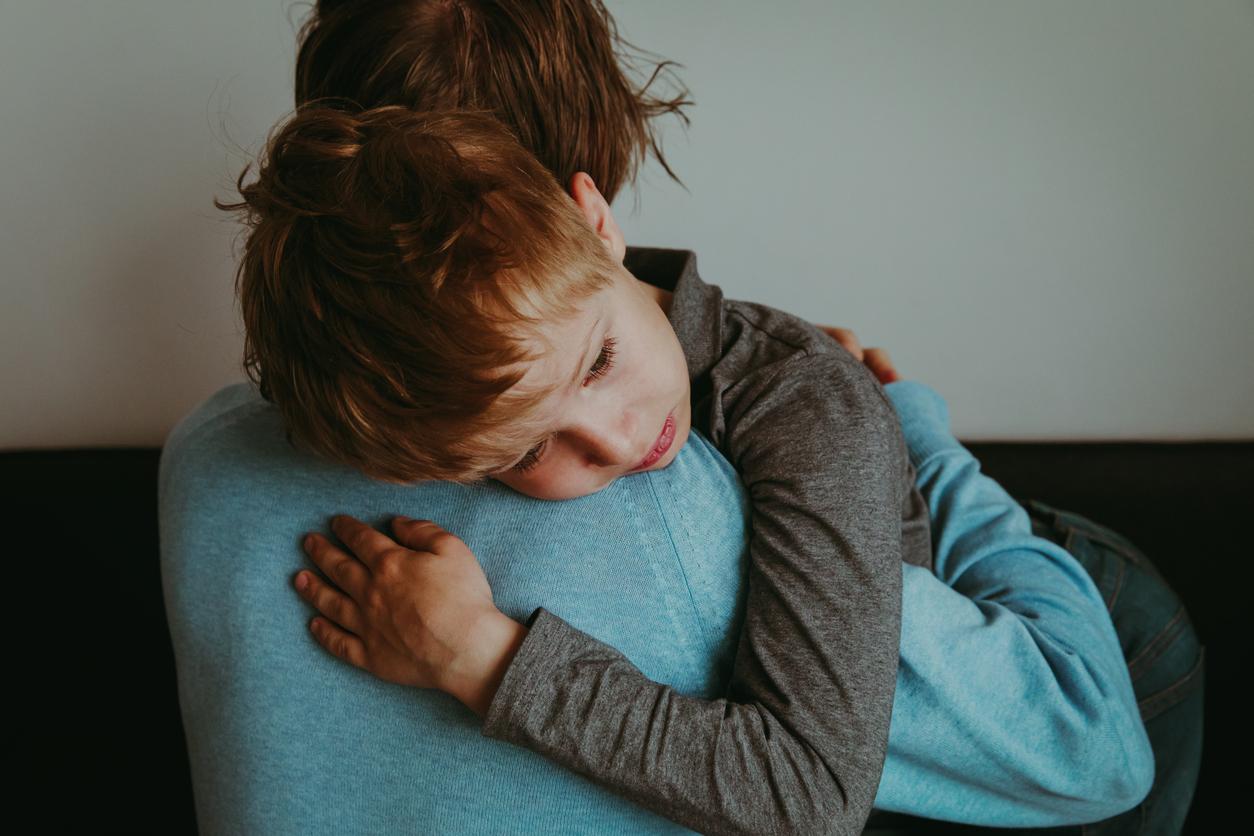Changes in housing and schools are associated with lower math and reading scores for children, who have more emotional and behavioral problems.

Changing accommodation is always an event for a family. And in the midst of the search for housing, the administrative procedures, the boxes and the move itself, it is sometimes difficult to give the children the extra attention they would need to overcome the event quietly. . A study by the Child Development Research Society, published in Child development, has shown that mobility is detrimental to their academic and social development.
This study, which followed 19,112 American children from kindergarten to the equivalent of late 4e, has shown that successive moves had some harmful effects on children. “In younger people, they are associated with a decline in social skills, and an increase in emotional and behavioral problems,” said Rebakah Levine Coley, professor of educational psychology at Boston College (United States), who led the study. . And these effects can last for several years. “
For slightly older children and young adolescents, ages 9 to 14, there are shorter-term effects on math and reading performance. And in both cases, these inconveniences seem to accumulate over the successive moves.
School change adds a layer
The associated social factors are numerous: change of work, of family structure (arrival of a new child for example), of household income… Even by eliminating their effects on children, these results remain.
Changing schools, in addition to housing, is also a determining factor, which accentuates the problems encountered in children, and particularly affects cognitive faculties. Often, however, the moves take place following a desire on the part of parents to find a better school.
The modification of daily routines, and the context of changing housing, interfere with their ability to pay attention and work, say the researchers. Parents, as well as school staff, should pay special attention to them for a time after the move.
.














